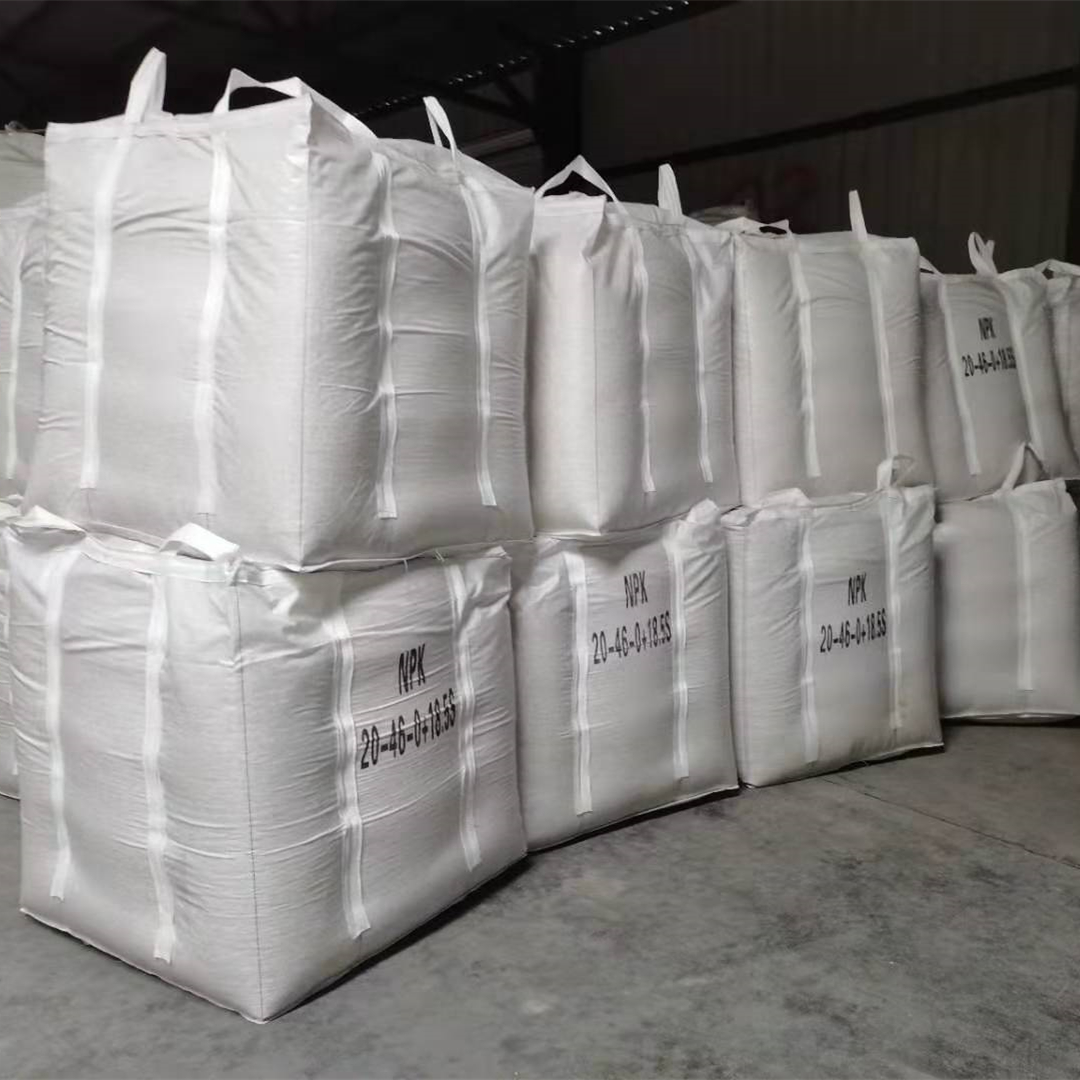
Kas . 30, 2024 02:01 Back to list
Applications and Benefits of Potassium Sulfate in Agriculture and Industry
The Use of Potassium Sulphate Benefits and Applications
Potassium sulphate (K₂SO₄) is a highly soluble salt that plays an essential role in various industries and agricultural practices. Known as a source of potassium and sulfur, two vital nutrients for plants, potassium sulphate is primarily utilized as a fertilizer. Its application can significantly enhance crop yields and improve soil health.
Agricultural Applications
In agriculture, potassium is crucial for plant growth. It regulates various physiological processes, including water retention, enzyme activation, and photosynthesis. Sulfur, on the other hand, is imperative for protein synthesis and chlorophyll formation. Therefore, the use of potassium sulphate as a fertilizer can lead to improved crop quality and increased resistance to pests and diseases.
Farms that cultivate potassium-sensitive crops, such as potatoes, fruits, and vegetables, benefit immensely from potassium sulphate application. It is particularly favored in organic farming due to its low chloride content, making it an excellent choice for chloride-sensitive crops. By fostering enhanced root development and better nutrient absorption, this compound contributes to healthier plants and ultimately leads to an increase in agricultural productivity.
Industrial Uses
use of potassium sulphate

Beyond its agricultural importance, potassium sulphate finds applications in various industrial processes. It is frequently used in the production of glass and ceramics, where its role in controlling viscosity and expanding the melting range is critical. In the textile industry, potassium sulphate is employed in dyeing and printing processes to ensure vibrant colors and better fixation of dyes.
Moreover, this compound is utilized in the manufacture of pharmaceuticals and within chemical production processes. Its properties as a stabilizing agent are harnessed in some formulations, providing stability and prolonging shelf life. Additionally, it is used in food products as a food additive, enhancing flavor and texture in some instances.
Environmental Impact
Potassium sulphate is often regarded as an environmentally friendly fertilizer. It tends to have lower environmental impact compared to other potassium sources, such as potassium chloride, which may contribute to soil salinity. By using potassium sulphate, farmers can improve soil fertility without the adverse effects of chlorine, thereby promoting sustainable agricultural practices that prioritize soil health.
Conclusion
In conclusion, potassium sulphate is a versatile compound with significant applications in agriculture and industry. Its role as a source of essential nutrients enhances plant growth, resulting in healthier crops and improved agricultural yields. Additionally, its industrial applications underline its importance beyond farming. With its environmentally friendly profile, potassium sulphate supports sustainable practices in agriculture, making it a valuable asset in modern farming and industrial processes. As the demand for high-quality agricultural produce continues to grow, the relevance of potassium sulphate is likely to increase, solidifying its position as an essential component in both current and future practices.
-
10 10 10 Fertilizer Organic—Balanced NPK for All Plants
NewsJul.30,2025
-
Premium 10 10 10 Fertilizer Organic for Balanced Plant Growth
NewsJul.29,2025
-
Premium 10 10 10 Fertilizer Organic for Balanced Plant Growth
NewsJul.29,2025
-
Premium 10 10 10 Fertilizer Organic for Balanced Plant Growth
NewsJul.29,2025
-
50 Pound Bags of 13-13-13 Fertilizer for All Plants – Bulk & Organic Options
NewsJul.28,2025
-
High-Efficiency 15-30-15 Granular Fertilizer for Healthy Crops
NewsJul.28,2025
